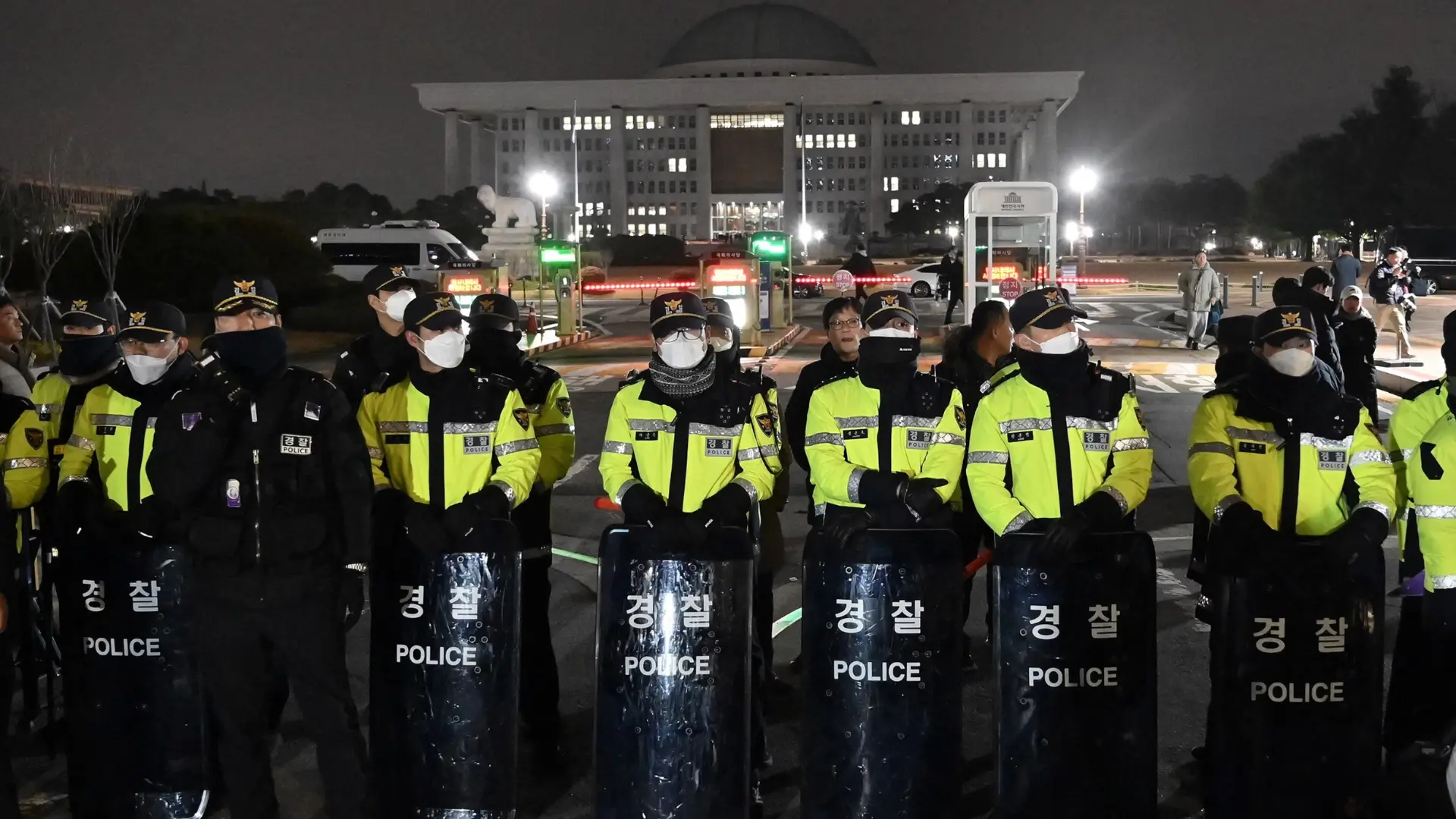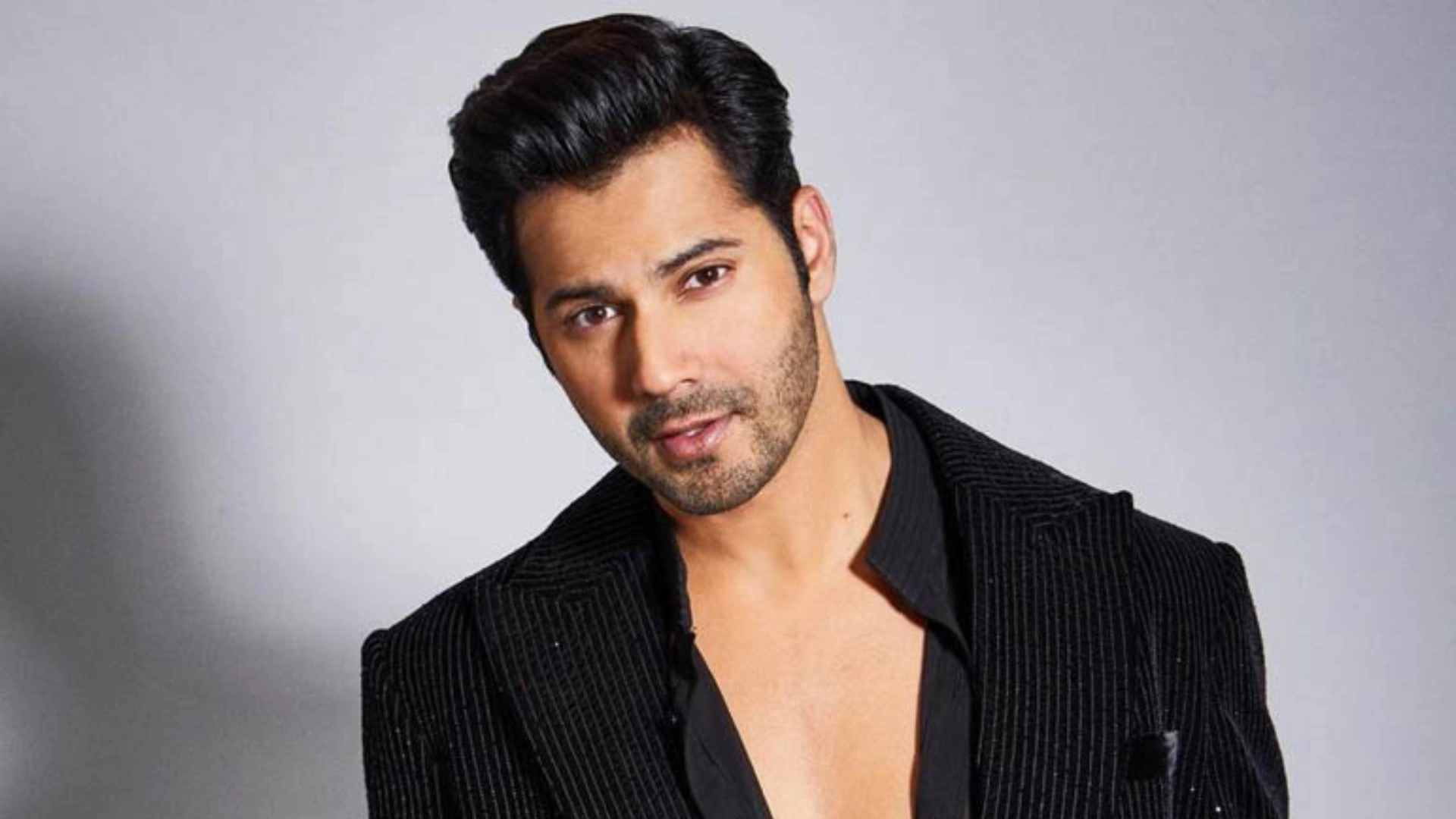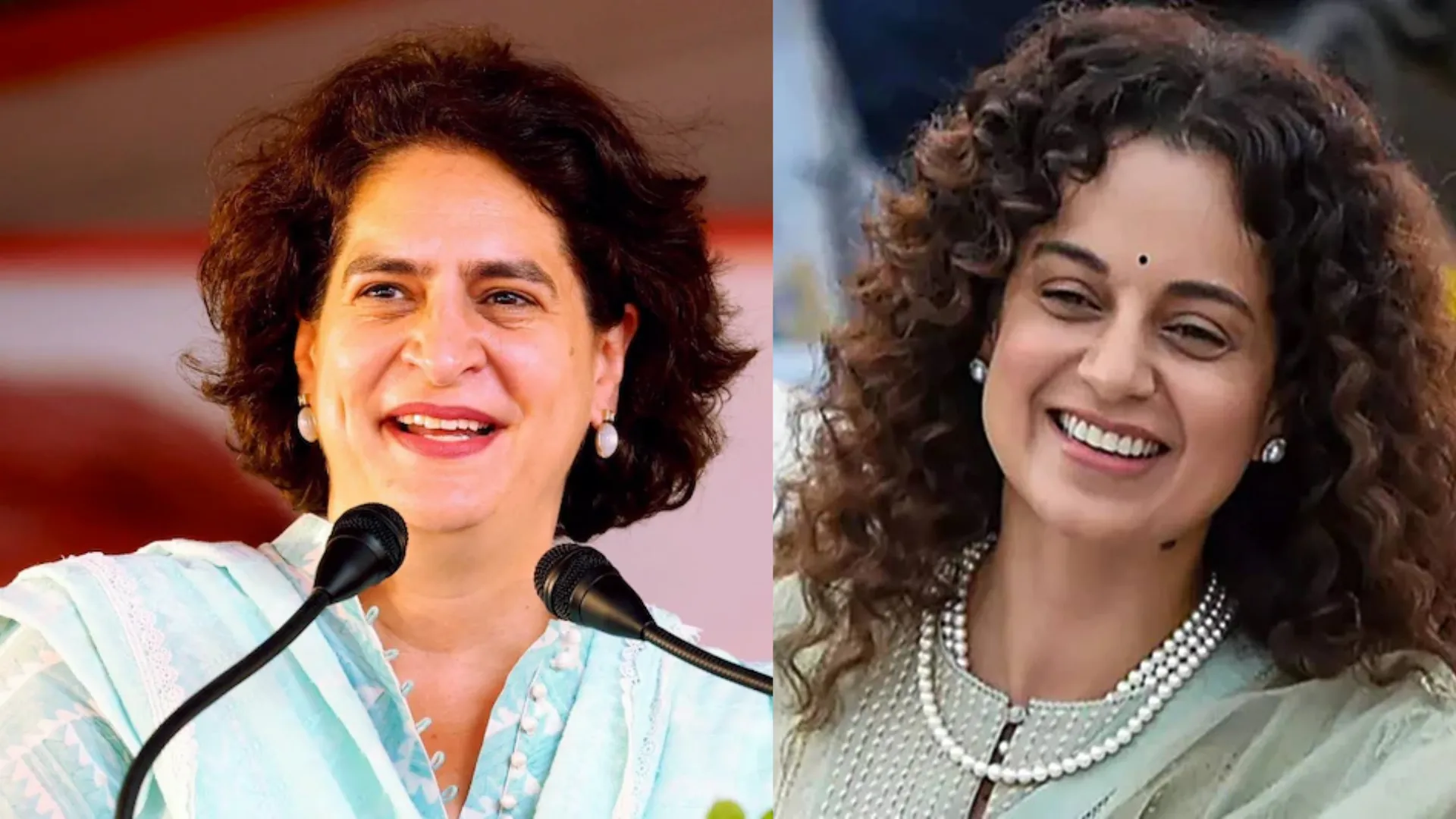South Korean President Yoon Suk Yeol imposed martial law late Tuesday, citing the need to combat “anti-state” elements and protect the nation amid escalating political tensions. The announcement came as Yoon faced increasing resistance from an opposition-controlled parliament, which he accused of harboring pro-North Korean sympathies.
Parliament Overturns Martial Law Declaration
Just hours after Yoon’s announcement, the National Assembly voted unanimously to revoke the martial law order. Speaker Woo Won Shik declared the move invalid, affirming that lawmakers would defend democracy alongside the citizens. Following the vote, police and military personnel began withdrawing from the Assembly grounds.
Lee Jae-myung, leader of the liberal Democratic Party, pledged that his party’s lawmakers would remain in the Assembly’s main hall until Yoon formally rescinded the order. Outside, hundreds of protesters gathered, waving banners and demanding Yoon’s impeachment.
Opposition Leaders Condemn the Move
Opposition figures and members of Yoon’s own conservative People Power Party swiftly criticized the martial law declaration. Lee Jae-myung called it unconstitutional and illegal, while People Power Party leader Han Dong-hoon described it as a misstep and vowed to oppose it alongside the public.
Yoon, during his televised speech, defended the decision as a necessary measure to protect the country from collapse, promising to “eliminate anti-state forces” and restore normalcy.
The declaration marked the first imposition of martial law in South Korea since its transition to democracy in 1987. The last occurrence was in 1979 following the assassination of President Park Chung-hee. This return to military authority drew immediate comparisons to the country’s authoritarian past and sparked widespread criticism.
How Can The Martial Law Be Lifted In South Korea?
Following the declaration, the military announced the suspension of parliamentary activities and other gatherings deemed a potential source of “social confusion.” It also ordered striking doctors to resume work within 48 hours, warning of arrests for non-compliance. Thousands of medical professionals have been striking for months over a government proposal to increase medical school admissions.
Television footage showed armed soldiers stationed around the National Assembly and police blocking its entrances. Military helicopters were seen landing within the Assembly compound, with others circling overhead. Speaker Woo, through a YouTube broadcast, urged lawmakers to gather and military personnel to maintain calm.
All 190 legislators present voted to lift martial law, prompting military forces to leave the Assembly grounds. Despite the withdrawal, tensions remained high as opposition lawmakers vowed to continue defending democratic principles.
Yoon’s presidency has faced mounting challenges since taking office in 2022. An opposition-controlled parliament has thwarted his legislative agenda, including efforts to pass the 2024 budget. Recent motions to impeach key prosecutors investigating opposition leader Lee Jae-myung added to the political standoff.
Yoon accused the opposition of undermining national security and described them as “pro-North Korean anti-state forces.” His rhetoric aligns with his hardline stance on North Korea, contrasting with the conciliatory approach of his predecessor, Moon Jae-in.
Protests erupted outside the National Assembly following Yoon’s announcement, with demonstrators demanding his impeachment. Meanwhile, Yoon’s approval ratings, already on a downward trajectory, are expected to suffer further amid criticism of his handling of political and ethical controversies involving his wife and top officials.
MUST READ: Why Has The South Korean President Yoon Suk-Yeol Suddenly Declared Martial Law? Everything Explained



















